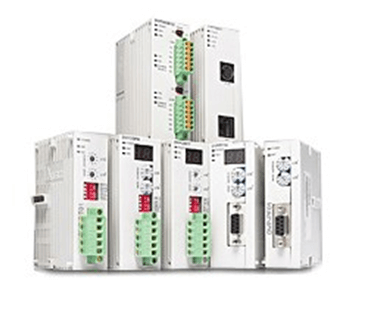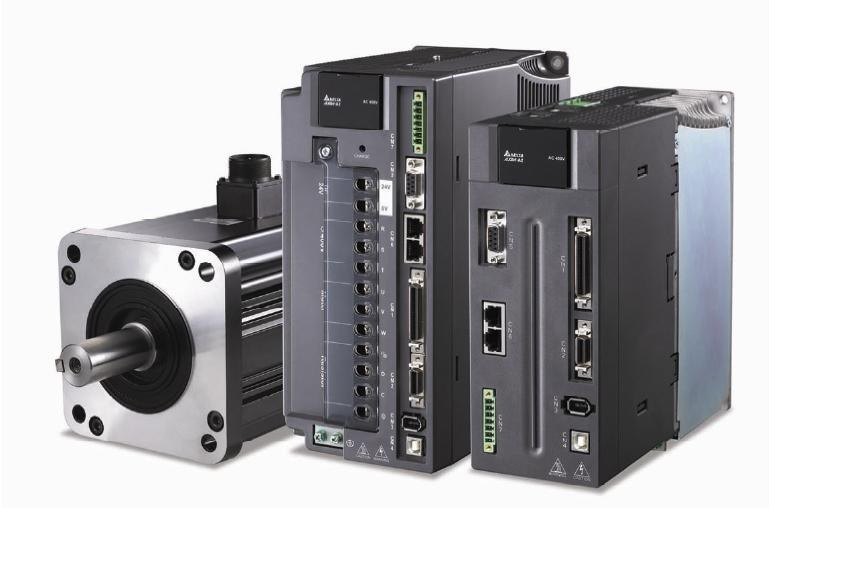Industrial Automation products
Introduction
In today’s rapidly advancing technological landscape, industrial automation has become a cornerstone for the evolution of various industries. This article explores the diverse realm of industrial automation products, elucidating their types, advantages, applications, and the challenges and opportunities they present. In the ever-evolving landscape of industrial automation, staying ahead is not just an advantage; it’s a necessity.Businesses across sectors are increasingly turning to cutting-edge Industrial Automation Products to revolutionize their processes and boost efficiency.
The Power of Industrial Automation
Industrial automation is not only merely a trend; it’s a game-changer. From streamlined production lines to enhanced precision, these products are the backbone of modern manufacturing. Let’s dive into the myriad benefits that businesses can harness.
Boosting Productivity with Smart Solutions
What are Industrial Automation Products ?
In the ever-evolving landscape of industry, the adoption of Industrial Automation Products has become a game-changer. From streamlining processes to enhancing efficiency, these products play a pivotal role in shaping the future of manufacturing and beyond. According to the latest statistics shared by the industry, the global robotic process automation market size is expected to grow by 32.8% between 2020 and 2027, reaching approximately 26 billion dollars by 2027. Furthermore, according to another study, it is predicted that 1 in 5 labor costs can be saved with the use of automation in enterprises. In light of all this data, it is quite possible to predict that the sector we are in will rise rapidly in the coming periods.
Types of Industrial Automation Products
The kingdom of industrial automation encompasses a variety of products, each serving a unique purpose. Control systems, robotics, sensors, Human-Machine Interface (HMI), and Programmable Logic Controllers (PLCs) are among the key players in this technological revolution. Additionally, numerical control (NC) machine tools, computer numerical control (CNC) systems, and industrial sensors contribute significantly to the industry. Moreover, the different types of automation such as Fixed (Hard) Automation, Programmable Automation, Flexible (Soft) Automation, and Integrated Automation (TIA) further enhance the capabilities and applications within this domain.
Navigating the Product Landscape
1. Automated Robotics
Revolutionizing Assembly Lines with Robotic Precision
Automated robotics is the cornerstone of modern manufacturing. These tireless machines tirelessly execute repetitive tasks, ensuring speed, accuracy, and consistency. Moreover, from automotive giants to electronics manufacturers, the integration of robotic systems is a testament to their transformative power.
3. Advanced Control Systems
Mastering Operations with Advanced Control Systems
Precision control is the heartbeat of industrial automation. Advanced control systems empower businesses to fine-tune every aspect of their operations. Whether regulating temperature in a pharmaceutical facility or optimizing pressure in a manufacturing plant, these systems provide unparalleled control and flexibility.
5. Cybersecurity Vigilance
Securing the Digital Frontier
The interconnectivity of automated systems opens a gateway to potential cybersecurity threats. As a result, safeguarding against data breaches and unauthorized access requires a robust cybersecurity strategy. Moreover, businesses must be proactive in adopting measures that fortify their digital infrastructure.
7. Integration with Industry 4.0 Standards
Aligning with the Fourth Industrial Revolution
The era of Industry 4.0 beckons, where automation converges with digital technologies. Additionally, Industrial Automation Products must seamlessly integrate with Industry 4.0 standards, ensuring compatibility with emerging technologies like artificial intelligence, big data, and the cloud.
2. IoT-Driven Automation
Connecting the Dots: Internet of Things (IoT) in Manufacturing
IoT-driven automation brings a new dimension to industrial processes. By creating a network of interconnected devices, businesses gain real-time insights into their operations. Additionally, predictive maintenance, data-driven decision-making, and enhanced connectivity are the hallmarks of this innovative approach.
4. Employee Training and Adaptation
Empowering Your Workforce for Tomorrow
Implementing Industrial Automation Products demands a skilled workforce. Therefore, training employees to seamlessly collaborate with these advanced systems is an investment in the future. Consequently, companies that prioritize employee education find themselves at the forefront of the automation wave.
6. Initial Investment vs. Long-Term Gains
Decoding the Economics of Automation
Additionally, despite the initial cost, in the long run, it is important to consider the benefits. Moreover, the increased efficiency, reduced operational costs, and minimized errors all contribute to a substantial return on investment over time.
What Are Industrial Automation technologies ?
Industrial automation is based on technologies that control and monitor processes and equipment. These technologies encompass a variety of tools used to optimize the production processes of a business and can be sorted under several main categories as follows:
Control Systems:-
The heart of industrial automation. These systems organize, monitor, and control processes and machines. PLCs (Programmable Logic Controllers) and DCSs (Distributed Control Systems) are important examples of this category.
Sensors and Actuators:-
Sensors are used to collect data from the physical world, while actuators are used to control processes. This enables industrial automation to manage and react to data in real time.
HMI (Human-Machine Interface):-
HMI devices enable people to interact with automation systems. This allows operators to monitor processes, input data, and intervene when necessary.
Industrial Networks and Communication Protocols:-
Industrial networks and communication protocols are used for automation equipment to communicate. This allows data to be shared and processed.
Industrial Robots and Automation Equipment:-
Industrial automation is used to automate processes through robotic systems. Robots are widely used in production lines and storage facilities.
Importance of Automation in Industrial Plant Installation ?
As mentioned above, automation systems can monitor, control, and optimize production processes.
The place of automation in industrial plant installation can be summarized as follows:
Increases productivity: Reducing human error and optimizing production processes can increase plant efficiency through automation systems
Improves safety: These systems contribute to improving safety by preventing accidents and injuries in the plant.
Increases flexibility: Automation systems increase plant flexibility by quickly adapting production processes.
Some areas where automation is used in industrial plant installation can be listed as follows:
Production: Automation systems control, monitor, and optimize production processes.
Transportation: These systems also control material handling and storage processes.
Control: Automation systems are used to monitor and control the different methods of the plant.
Safety: Automation systems prevent potential accidents, injuries, or other adverse situations in the plant.
Ultimately, automation is essential in industrial plant installation, enabling the plant to operate more efficiently, safely, and flexibly. Properly designing and installing automation systems as well as industrial automation products significantly helps ensure the plant’s long-term success.
How to identify and implement the right Industrial Automation Product for your application?
If you are looking to implement automation for the first time there is a process to identifying and implementing the right automation products for your manufacturing process.
Implementing an industrial automation
Automating an inefficient process without fully understanding it can lead to an increase in inefficiencies. Additionally, reliance on automated processes can result in higher running costs. Despite the potential for failure due to a variety of reasons, the most common cause of automated manufacturing processes failing is a lack of understanding of the manual process initially.
At United Control Engineering
we work with our customers to ensure that the manual process is as efficient as possible before identifying opportunities to automate that process. This early investment in understanding and optimising the manual process dramatically reduces the time to implementation and improves the success rate of automated manufacturing initiatives.
United Control Engineers provide automation products from stock if you are already managing an automated process and looking to replace specific automated products.
What are United Control Industrial Automation Products?
United is a reputable and well-established company known for its products for different solutions in industrial automation. United, the leading company in the industrial automation market in Inida with its domestic products, offers a multifunctional product range for industrial automation.
Our products
The United HMI(Human Machine Interface) includes VFD(Variable Frequency Drive) Switchgeras Enclousers Panel Building Servo Drive & Motors. In addition, Surge Protection OLR(overload relay) is essential for reliable and high-performance PLC (Programmable Logic Controller) solutions. Moreover, SCADA systems are used for monitoring and controlling industrial facilities. Overall, these products with advanced technology are crucial for the safe operation of industrial automation systems, efficient operation of facilities, and further improvement of production processes.
As a Result
Industrial automation is critical today in optimizing production processes and making businesses more efficient and competitive. Furthermore, United, which offers domestic and national devices in the field of industrial automation, makes significant contributions to the development of the industry by increasing innovative solutions in the context of industrial automation products.
Conclusion
In conclusion, industrial automation products have emerged as catalysts for progress across diverse industries. Their transformative impact on efficiency, safety, and precision is undeniable. As technology continues to evolve, embracing these innovations is not just an option but a necessity for businesses striving to stay competitive in the dynamic industrial landscape.





